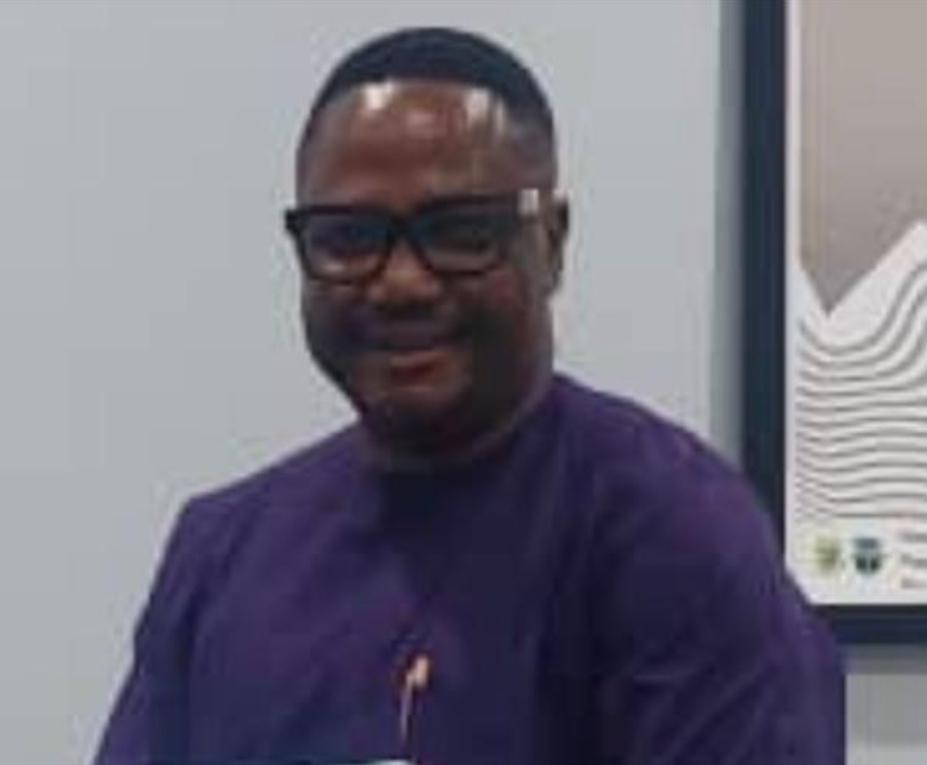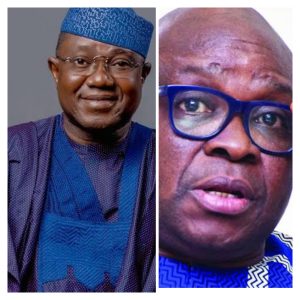
By Augustine Eigbe, Ph.D
Democracy in Nigeria is facing unprecedented challenges.
Recent developments including executive overreach, disregard for judicial rulings, allegations of compromise by the judiciary, weakening of separation of powers, and the systematic collapse of opposition parties raises pertinent questions about the sustainability of democratic governance in the country.
One of the most glaring indicators of democratic backsliding in Nigeria is the increasing defiance of court rulings by both federal and state governments. A striking example is the prolonged resistance to the Supreme Court’s judgment affirming local government autonomy.
Despite the apex court’s clear ruling, many state governors have continued to withhold funds from local councils, effectively rendering them incapacitated. Such actions constitute a direct assault on constitutional democracy.
When the executives selectively obey court orders, it sets a dangerous precedent that undermines judicial independence and the rule of law.
This trend mirrors authoritarian tactics where the executive arm consolidates power by neutralising other arms of government.
The doctrine of separation of powers, which is the cornerstone of democracy, appears to be eroding in Nigeria.
The legislature at the state and federal levels are mere rubber stamps to the executives.
At the national level, the 10th National Assembly has increasingly functioned as an appendage of the Executive rather than an independent check and balance on its powers.
The National Assembly’s swift approval of executive requests such as ministerial and other appointments, foreign loans, and the declaration of state of emergency through mere voice votes without rigorous scrutiny indicates the weakening of legislative oversight over the executive.
There has been allegations of executive interference in judicial appointments and high-profile cases, there by raising concerns about the independence of the judiciary.
When the legislative and judicial arms of government fail to act as counterweights to executive power, democracy degenerates into electoral autocracy, a system where elections takes place, but governance is unchecked.
Another alarming trend is the mass defection of prominent politicians from opposition parties to the ruling All Progressives Congress (APC).
While party-switching is not uncommon in Nigerian politics, the scale and timing of recent defections insinuate a deliberate strategy to create a one-party dominant system ahead of the 2027 general elections.
The Peoples Democratic Party (PDP), Labour Party (LP), and New Nigeria Peoples Party (NNPP) have all suffered major defections, leaving them fractured and ineffective to pose as formidable opposition parties to the ruling party in the next round of general elections.
Most political oppositions and critics believes that the ruling party has weaponised poverty, state resources, patronage and intimidation to coerce opposition figures thereby stifling dissenting opinions and when opposition parties collapse, democracies often slide into authoritarianism and dictatorship where elections becomes mere formalities rather than genuine contests for power.
Beyond party politics, democratic institutions, including the Independent National Electoral Commission (INEC), anti-corruption agencies, and security agencies, have faced accusations of partisan manipulation.
The 2023 general elections and the 2025 off-cycle elections were marred by systemic inefficiencies, including technical glitches, logistical failures, and serious allegations of institutional partiality, all of which have greatly eroded public trust and confidence in the electoral integrity in the country.
While Nigeria remains a nominal democracy, the cumulative effect of executive overreach, judicial disobedience, legislative subservience, and opposition collapse infers a systematic erosion of democratic norms.
If unchecked, these trends could push Nigeria towards a one-party system, where democratic institutions will only exist in nomenclature.
The question, therefore, is not merely whether democracy is being dismantled in Nigeria but whether Nigerians, civil society, and the judiciary will act decisively to salvage it before it is too late.
Historian and Development Communication Expert.
Dr. Eigbe can be reached via : augustineeigbe20022002@gmail.com


